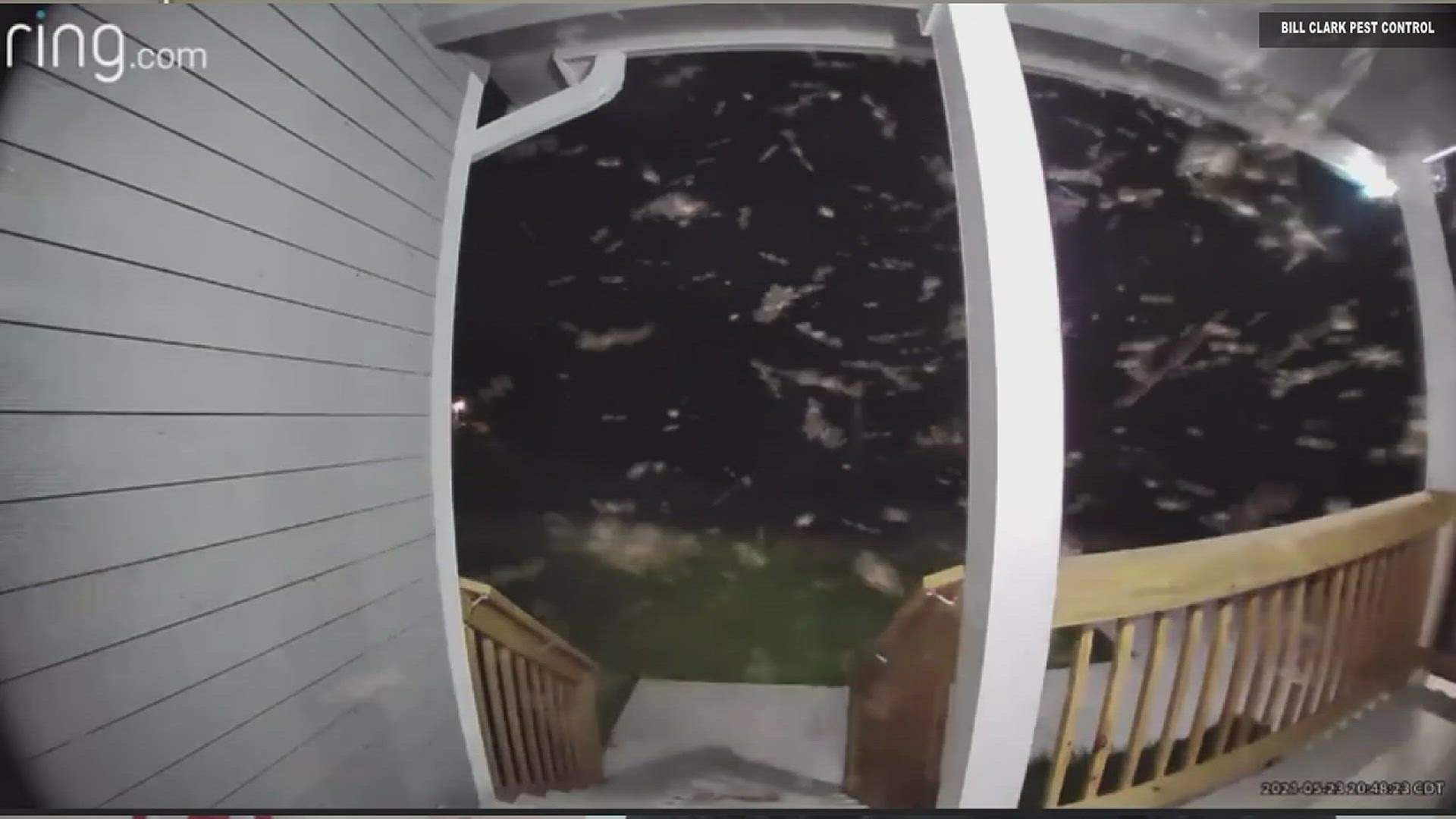BEAUMONT, Texas — You might be seeing more flying termites start to swarm around your home and it's all thanks to the rain.
Rain creates the perfect environment for flying termites to mate and create new colonies, which is why it's important to learn how you can protect your home and business.
Termites are destructive and can cause thousands of dollars of damage.
"The type of termite that's swarming right now is called the Formosan termite, they have been in Southeast Texas for at least 50 or so years. They were imported here," said Bill Clark Pest Control Sales Manager Nate Jennings.
A swarm of flying termites means a colony is nearby, according to Jennings.
"So termites annually just in the United States alone do about $5 billion in damage to homes every year," he said.
Rain creates the perfect environment for swarms.
"Typically after a rain, that next evening, or a couple evenings after is when you'll start seeing them swarm, just instinctively biologically they know that's a good time to go out and swarm," Jennings said.
Those flying termites are looking for a mate.
There are ways you can avoid your home from being swarmed.
Turning off lights significantly reduces the chances of having termites swarm around your home or business.
"That attraction to the light makes it to where they meet swarmers from other colonies. Makes it easier for them to meet other reproductives from other colonies by being attracted to light. So the best way to handle that is to turn off your lights outside," Jennings told 12News.
Termites need a moist environment to survive.
"They only live for up to 24 hours unless they find moisture, so the ones that make it into your house usually will dry up and die," said Jennings.
You can protect your home or business by experts installing a chemical barrier or a bait trap.
"It's in their DNA to find the food and they bring it down to the colony and it destroys the entire colony, both are great methods of treatment though," Jennings said.
Preventative termite treatment can cost between $800 and $1,500.
Swarming season typically begins around Mother's Day and stops towards the end of June.

